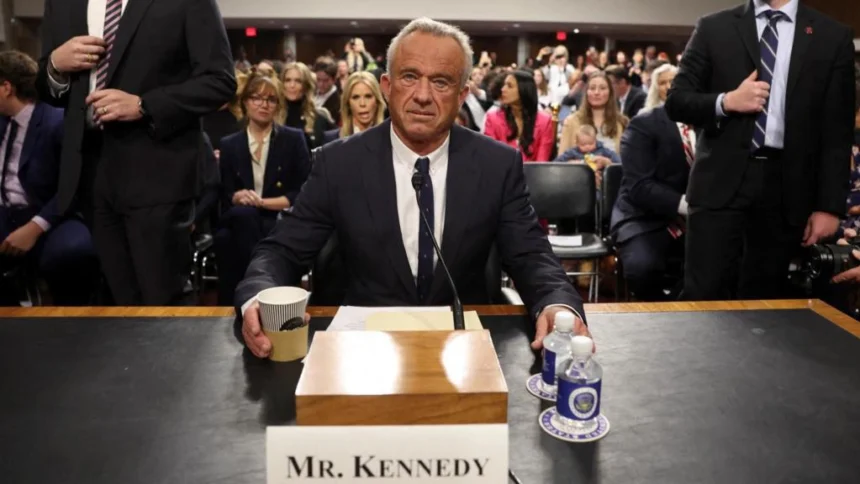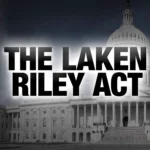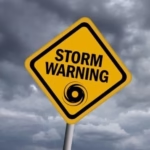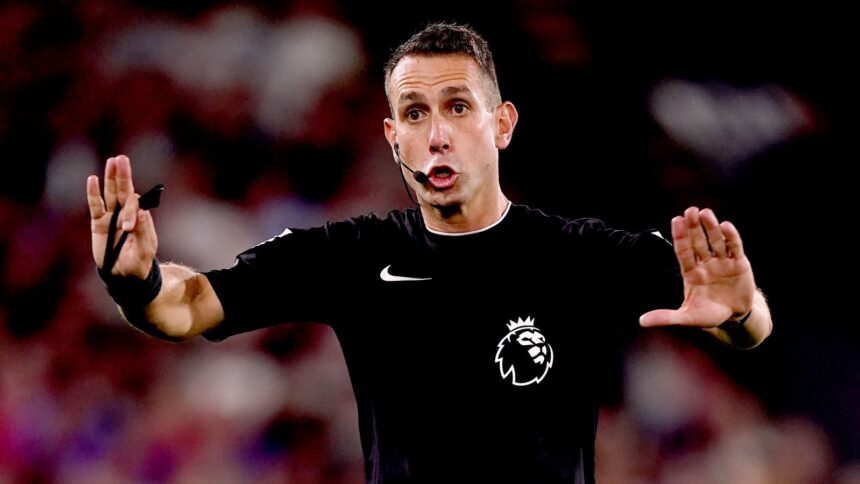When it comes to health policy, rarely do we see drama that matches the intensity of a political thriller. But here we are. Former President Donald Trump’s reported consideration of Robert F. Kennedy Jr. for a top health policy role, possibly leading the FDA or HHS, has sent ripples across the political and public health landscapes. Whether you’re a seasoned policy wonk or just someone scrolling through your newsfeed, this is one headline that promises to impact us all.
Let’s dig into who RFK Jr. is, what his leadership could mean for the future of the FDA, and why you should absolutely care.
Who Is RFK Jr. (And Why Is Everyone Talking About Him)?
Robert F. Kennedy Jr. might be a familiar name—it comes with a hefty legacy. He’s the nephew of President John F. Kennedy and an environmental lawyer who’s spent decades advocating for cleaner air and water. That’s the RFK Jr. you might know. But, he’s also been a vocal critic of the pharmaceutical industry and has openly expressed skepticism about vaccine safety—a stance that’s made him both controversial and polarizing.
While his environmental activism has earned widespread applause, his strong opinions on vaccine policies (often labeled “anti-vaccine” by critics) have raised eyebrows, especially among scientists and public health officials. The question on many minds now is: If RFK Jr. takes the helm of agencies like the FDA or HHS, what could that mean for how they operate?
What’s at Stake for the FDA?
The Food and Drug Administration (FDA) oversees everything from the safety of your favorite snack to the medications prescribed by your doctor. It’s a cornerstone of public health. With RFK Jr. potentially in charge, significant policy changes could be on the horizon. Let’s explore what those might look like.
1. Food Safety and Regulation
Food regulation isn’t exactly the most glamorous topic, but stay with me—it’s important. RFK Jr. has criticized the rise of “ultra-processed” foods and harmful additives, so we might see tighter rules here. In fact, there’s even speculation about a separate federal agency solely focused on food regulation, breaking it off from the FDA. Imagine an agency dedicated just to food safety—RFK Jr.’s ideas could bring this closer to reality.
| Potential Change | What It Means for You |
|---|---|
| Crackdown on food additives | Stricter limits on chemicals in processed foods |
| Focus on ultra-processed foods | Healthier options in grocery stores |
| New food agency | More specialized attention to food safety |
2. Overhauling Vaccine Policies
Brace yourself—this is where the debate gets heated. RFK Jr.’s vaccine skepticism could spark sweeping changes in vaccine approval processes or mandates, especially for children. Supporters argue this might lead to more rigorous vaccine testing, while critics worry it might harm efforts to combat infectious diseases.
One major question: How would a more cautious approach to vaccines affect public health? Diseases once thought to be eradicated—like measles—could make a comeback if vaccination rates drop. This is definitely one area to watch closely.
3. Taking On Big Pharma
Another hallmark of RFK Jr.’s philosophy is his outspoken critique of the pharmaceutical industry. Some predict stricter standards for drug approvals and possibly even limitations on pharmaceutical advertising. This could empower independent research and challenge Big Pharma’s influence but might also slow down the rollout of lifesaving medications.
4. Regulating Dietary Supplements
The world of dietary supplements is a bit Wild West-y right now—loosely regulated and often full of overblown claims. RFK Jr. could advocate for tougher oversight, including revisiting the GRAS (Generally Recognized as Safe) designation process. This might make supplements safer overall, but it could also create hurdles for smaller manufacturers.
5. Agency Restructuring
Here’s where things get political. RFK Jr. might spearhead a reorganization of FDA roles or implement Trump’s controversial Schedule F executive order, potentially impacting career officials. Critics worry this could politicize scientific decisions, while supporters argue it might increase accountability. Either way, expect some friction.
Is This All Good or Bad for Public Health?
Only time will tell, but opinions are already divided. Let’s weigh the possibilities:
Potential Upsides
- Stricter food regulations could result in healthier options.
- A focus on chronic diseases might benefit long-term public health initiatives.
- Oversight on supplements could increase safety for consumers.
Major Concerns
- Trust in the FDA might erode, especially regarding vaccines.
- Slower drug approvals could delay access to critical therapies.
- Disruption to current public health programs might cause setbacks.
Think about it: Do you want to choose between stricter regulations and potentially losing faith in public health systems? It’s a tricky balancing act.
Challenges Ahead: Can RFK Jr. Pull All This Off?
Here’s the kicker—none of these changes will happen without a fight. Congressional oversight, legal challenges, and resistance from career FDA officials are all likely. Plus, the food and pharmaceutical industries will likely lobby hard against stricter regulations.
For example, proposed limitations on pharmaceutical advertising might get stuck in legal battles. Similarly, a complete restructuring of the FDA would need more than political will—it would require legislative backing, cooperation from staff, and yes, public support.
The Road Ahead: Public Health in Flux
The FDA’s next chapter, especially under someone as polarizing as RFK Jr., could bring major shifts to how we approach food, medicine, and overall health. But any changes will ripple far beyond headlines—they’ll affect what’s on your plate, how you parent, and the medications you trust.
While it’s important to stay informed about these developments, one thing is clear: evidence-based public health practices must remain a priority. Whether you see RFK Jr. as a disruptor or a reformer, the key is balancing innovation with scientific integrity.
FAQs
- Who is RFK Jr.? RFK Jr. is an environmental lawyer known for his activism and controversial views on vaccines.
- How might his leadership affect vaccine policy? His vaccine skepticism could lead to revised approval processes, sparking both praise and concern.
- Could food regulation change? Yes, RFK Jr. might push for stricter limits on food additives and ultra-processed foods.
- What about dietary supplements? He could advocate for more oversight and stricter safety standards.
The only constant here is change—and there’s likely a lot of it on the horizon. Stay tuned.



















